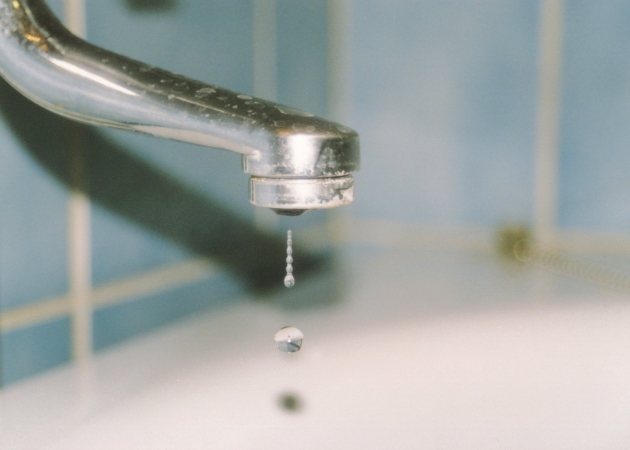With more than 30 years’ experience in the residential and commercial water treatment space, Mark Nelson is a Class 1 Drinking-Water Operator and a CBWA (Canadian Bottled Water Association) Certified Plant Operator. As founder and president of Nelson Water in Ottawa, Mark focuses on dealing with challenging water treatment system designs for problem water. He also heads the largest water bottling plant in the city of Ottawa with a delivery network throughout the Valley.
Throughout Canada, you will discover that the composition and quality of tap water can vary a great deal. Some water consumers will have soft water and others will have a supply of hard water. These two different types of water have very different qualities, affecting how they perform in their effectiveness for cleaning and corrosive potential. Typically, people prefer softer water, but if the water is too soft, it can also cause problems. Here we will take a look at hard water, which is always regarded as the worst type of water for a variety of reasons. Let’s examine what hard water is and how it can affect different aspects in your home.
What is Hard Water?
Water hardness is measured by establishing the level of minerals that are dissolved in the water. The most common minerals that are found in hard water are calcium and magnesium, but there are other minerals that can make water harder. Water is a very effective solvent, minerals are easily dissolved, and then the properties of the water are changed. When water is softened, it may contain some extra naturally occurring elements, but calcium and magnesium particles are removed.
Data provided by Government of Canada shows water supplies with a hardness greater than 200mg/L are considered poor but tolerated and those exceeding 500mg/L are unacceptable for most domestic purposes. An acceptable level of hardness is between 80 to 100mg/L.
Cleaning With Hard Water
The most obvious effect of using hard water is noticed when cleaning. Hard water particles react with soaps and reduce their effectiveness as a cleaner. This will result in poor laundry performance, dirty dishes, and stubborn stains. Many people also notice that they use more detergent for dishes and laundry, with poor results. Soft water lathers easily and performs well with only 50% of soap and laundry detergent used. It’s also possible to wash at lower temperatures with soft water and still achieve good results. This means that you can save energy, detergent and get better results by using soft water.
Bathing With Hard Water
Using hard water for bathing will also affect the performance of shampoo and soaps. Many people, experience dry and itchy skin after bathing in hard water and hair can feel lank and dull. You may notice a buildup of scale and film in showers and bathtubs that is hard to remove without chemical cleaners. Soft water lathers up easily, skin irritation is reduced, and the appearance of hair is improved.
Cooking With Hard Water
Hard water is not associated with health issues, but it can impact the appearance and taste of drinks and food that are prepared with it. Beverages made with hard water may have a strange aftertaste and pots used to prepare drinks and food may have a film or scale on them after use. Food and drinks made with soft water tend to taste cleaner and pots are easier to clean.
Energy Efficiency Issues
A hard water supply has a major effect on energy efficiency in your home. A gas water heater could have an 8% efficiency loss for every five grains of hardness per gallon. This would represent an 8% increase in your energy costs in a home that uses 100 gallons of hot water per day. The reason for this is that hard water causes a buildup up of scale in water heater heating elements and other appliances that use water. The buildup of scale causes the appliance to use more energy and this reduces efficiency and raises the risk of equipment failure.
Contact your local water treatment company to find out if you have hard water at your home.

